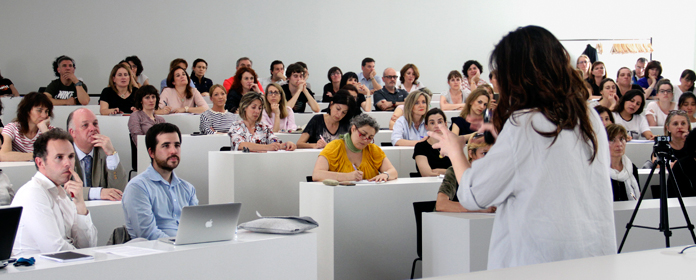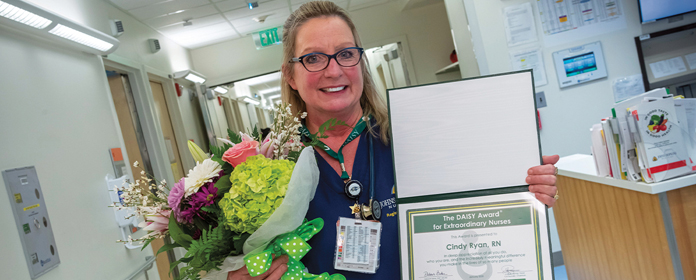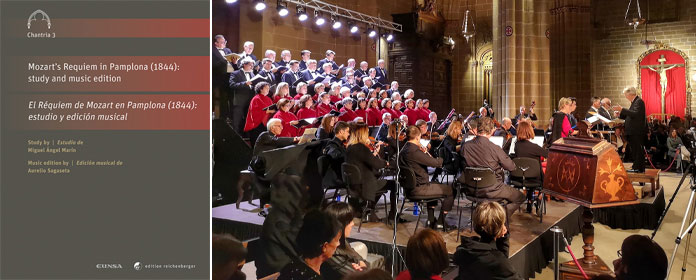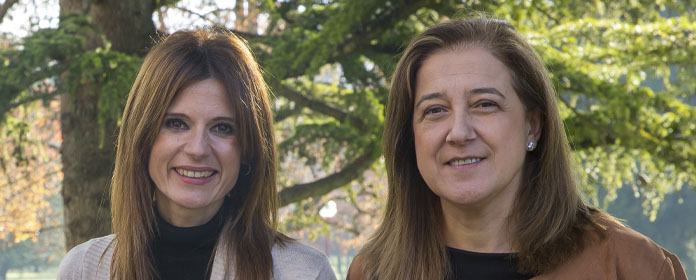A workshop of the University of Navarra presents technological solutions to combat dyslexia in children.
During the workshop, more than 40 children have tested a video game that aims to improve the reading skills of children with dyslexia.

PHOTO: Natalia Rouzaut
The Institute for Culture and Society (ICS) of the University of Navarra hosted on Friday June 8 the workshop 'Technological tools for dyslexia' in partnership with DISNAVARRA. The event was part of the research of Mikel Ostiz, who is doing his doctoral thesis in the group Mind-brain of the ICS, the Basque Center on Cognition Brain and Language (BCBL) and the University of Vic.
The workshop was divided into three activities: a talk for parents of children with dyslexia by Ostiz and Luz Rello, a researcher at Carnegie Mellon University (USA); a craft workshop for the more than 40 children who attended the event; and the test of a video game developed by PhD student to help improve the reading skills of children with dyslexia.
During his presentation, Ostiz explained to parents how the game, called 'Jellys', which seeks to improve visual attention and rhythm, works. "The idea is to train other cognitive skills that can have an impact on reading," he said. In this way, children improve their reading skills in an indirect and fun way.
For her part, Luz Rello spoke about her research to overcome dyslexia, by which she analyzes "the types of errors that people with dyslexia make and how they process a text according to the issue of errors", she explains. The researcher, founder of association Change Dyslexia, tries to detect this disorder and detect strengths and weaknesses in each child.
Artificial intelligence and dyslexiaAt test of the game, children could perform activities based on rhythm and visual attention. For example, they had to catch 'jellys', creatures designed by PhD student, to the rhythm of different current songs. Afterwards, the children could offer their opinion of the game. According to researcher, this allows them to know the "usability of the game", to make it as understandable as possible before its final implementation at high school Santa Teresa in Pamplona next academic year 2018/2019.
For the development of this video game, the PhD student made a stay at the Human Computer Interaction Institute at Carnegie Mellon University. There, he is assisted by financial aid by Luz Rello, who has developed tools such as Dytective, which allows the detection of dyslexia, or DytectiveU, which "analyzes different cognitive skills to find strengths and weaknesses and offer personalized training," says Ostiz.
His stay is possible thanks to two grants from the Banco Sabadell Foundation and the Caja Navarra Foundation, in addition to scholarship from Obra Social "La Caixa", which finances his thesis .




